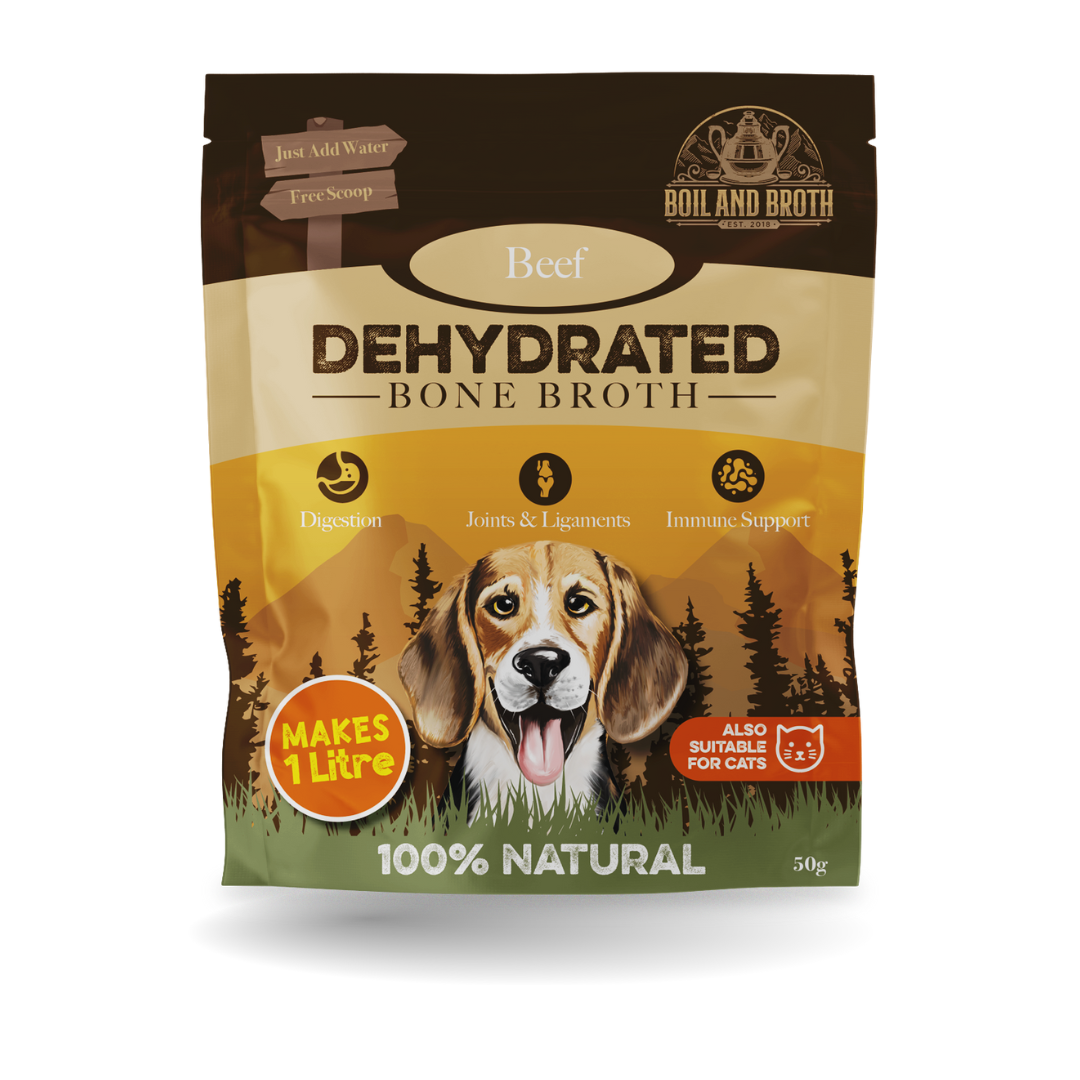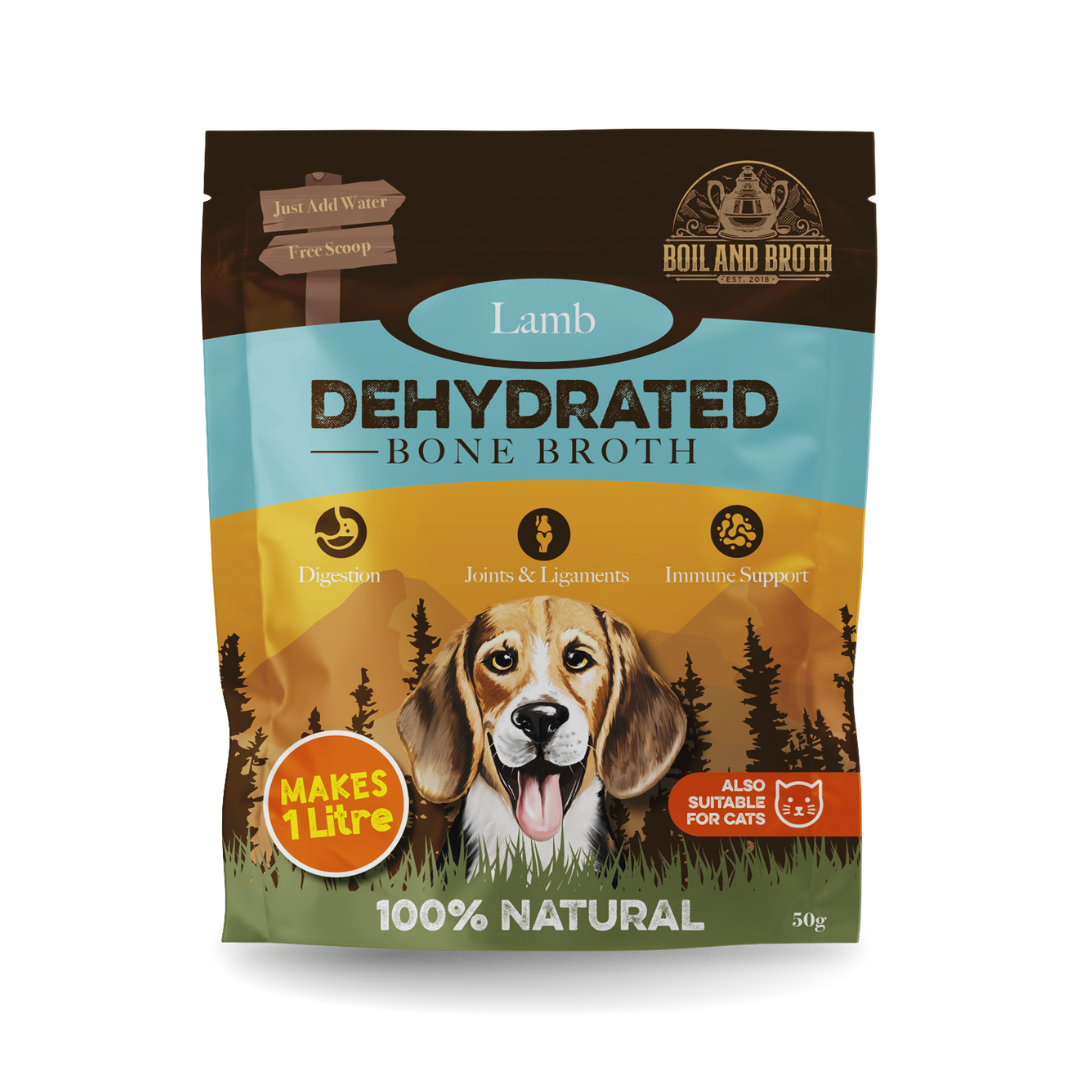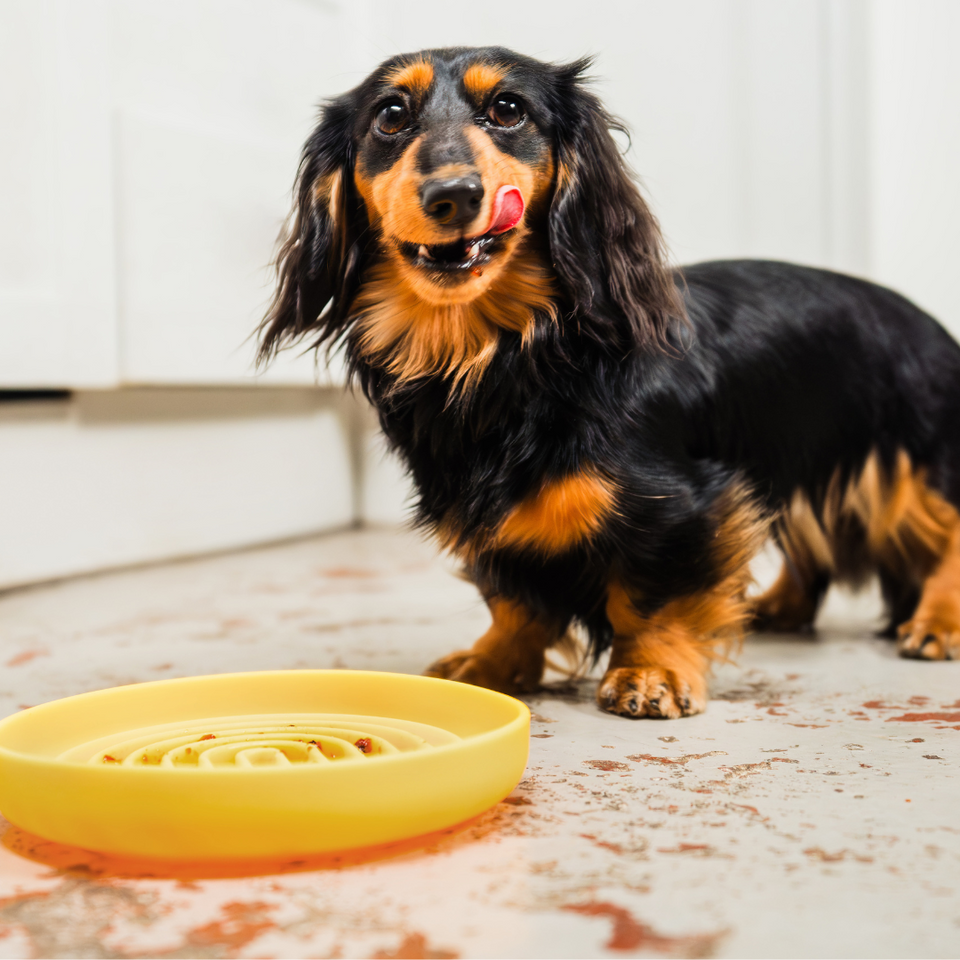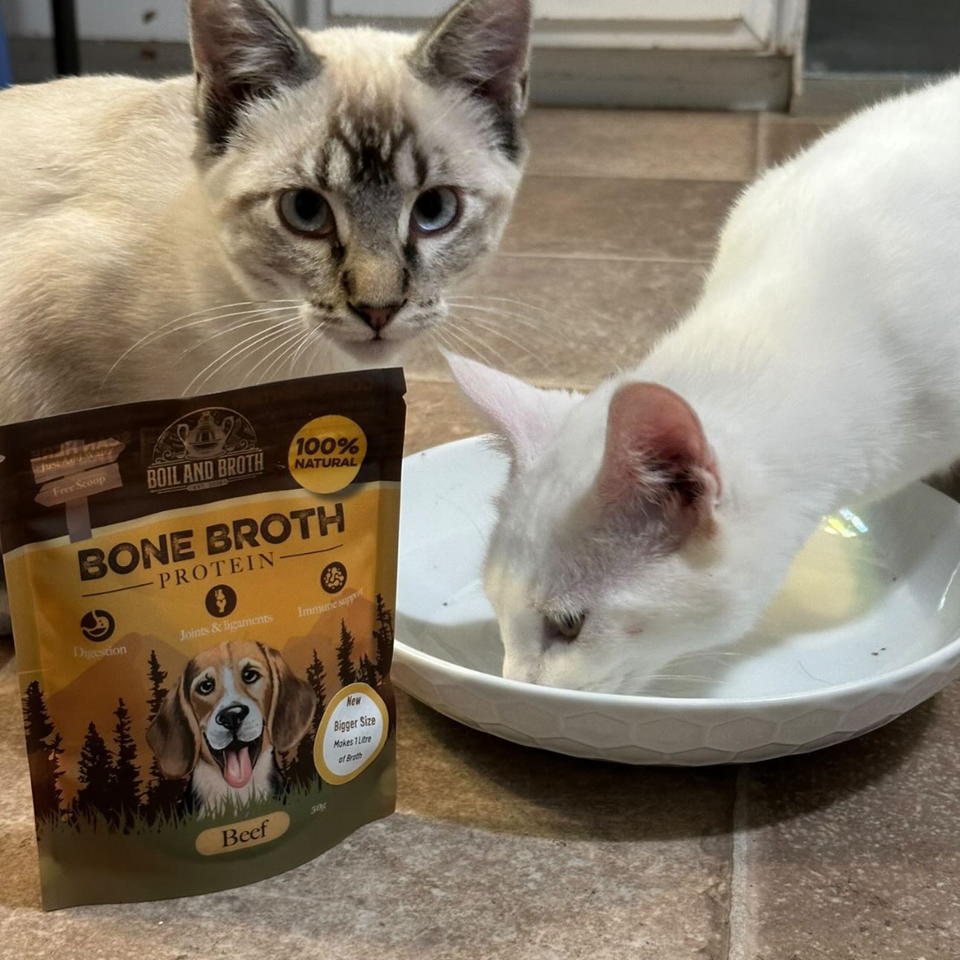
The Dangers of Chocolate for Dogs During Easter Celebrations
As spring blooms and Easter approaches, households across the globe bustle with excitement, preparing for festivities filled with colourful eggs, joyous gatherings, and of course, indulgent treats. However, amidst the merriment lies a hidden peril, one often overlooked amidst the festivities: chocolate, a beloved Easter staple, poses a grave danger to our furry companions. While humans delight in the rich sweetness of chocolate, for dogs, it can spell disaster, leading to dire consequences for their health and well-being.
Chocolate contains theobromine and caffeine, both of which are toxic to dogs. These substances belong to a group called methylxanthines, which are readily absorbed into a dog's bloodstream upon ingestion. While humans can metabolise theobromine and caffeine efficiently, dogs process these substances much more slowly, allowing them to accumulate to toxic levels within their bodies.
The severity of chocolate toxicity in dogs depends on various factors, including the type of chocolate ingested, the quantity consumed, and the size and overall health of the dog. Dark chocolate and cocoa powder contain higher concentrations of theobromine compared to milk chocolate, making them even more hazardous to dogs. Thus, a small amount of dark chocolate can pose a significant risk to a canine companion.

The symptoms of chocolate poisoning in dogs typically manifest within a few hours of ingestion and may include vomiting, diarrhoea, restlessness, rapid breathing, increased heart rate, muscle tremors, seizures, and in severe cases, cardiac arrest or death. Theobromine primarily affects the central nervous system, cardiovascular system, and gastrointestinal tract, leading to a range of distressing symptoms that can escalate rapidly without prompt intervention.
During Easter celebrations, chocolate takes centre stage, adorning baskets, hiding within colourful eggs, and tempting unsuspecting noses with its enticing aroma. Unfortunately, this abundance of chocolate also increases the likelihood of accidental ingestion by curious and opportunistic dogs. Whether it's a child's forgotten Easter egg or a well-meaning gift from a friend, chocolate lurks in various forms, posing a constant threat to our canine companions.
Moreover, the festive atmosphere and distractions during Easter gatherings may delay the recognition of chocolate ingestion in dogs, further exacerbating the risk. In some cases, pet owners may not even realise that their dog has consumed chocolate until symptoms of toxicity become apparent, by which time, precious moments may have been lost.

Preventing chocolate toxicity in dogs requires vigilance and proactive measures from pet owners. During Easter festivities, it's crucial to keep all chocolate-containing products securely stored out of reach of pets, preferably in closed cabinets or high shelves inaccessible to curious noses and agile paws. Additionally, educate family members and guests about the dangers of feeding chocolate to dogs and encourage them to be mindful of their treats in the presence of pets.
If a dog is suspected of ingesting chocolate, swift action is paramount. Contacting a veterinarian immediately is essential, as prompt treatment can significantly improve the dog's prognosis. In cases of recent ingestion, the veterinarian may induce vomiting to remove the chocolate from the dog's stomach, followed by administration of activated charcoal to absorb any remaining toxins in the gastrointestinal tract. Supportive care, including intravenous fluids and medications to manage symptoms, may also be necessary depending on the severity of the poisoning.
Furthermore, it's crucial for pet owners to be aware of the signs of chocolate toxicity and to seek veterinary attention without delay if their dog exhibits any symptoms suggestive of poisoning. Early intervention can make a critical difference in the outcome and may prevent irreversible harm to the dog's health.
Back home, you can take care of your dog’s gut health needs by offering them bone broth on an empty stomach to encourage them to eat again and keep your dog hydrated too.
In conclusion, while Easter is a time of joy and celebration for many, it also presents hidden dangers for our beloved canine companions. The widespread presence of chocolate during Easter festivities poses a significant risk to dogs, with potentially devastating consequences if ingested. By remaining vigilant, taking proactive measures to prevent access to chocolate, and acting swiftly in the event of suspected ingestion, pet owners can help safeguard their furry friends from the perils of chocolate toxicity during Easter and beyond. After all, the true essence of Easter lies in sharing love and happiness with all members of the family, including those with wagging tails and wet noses.








